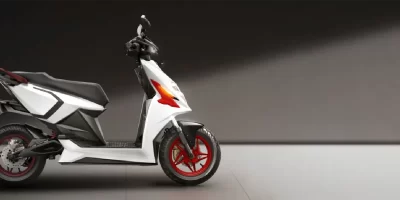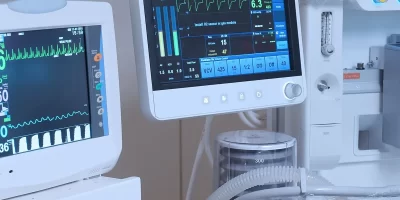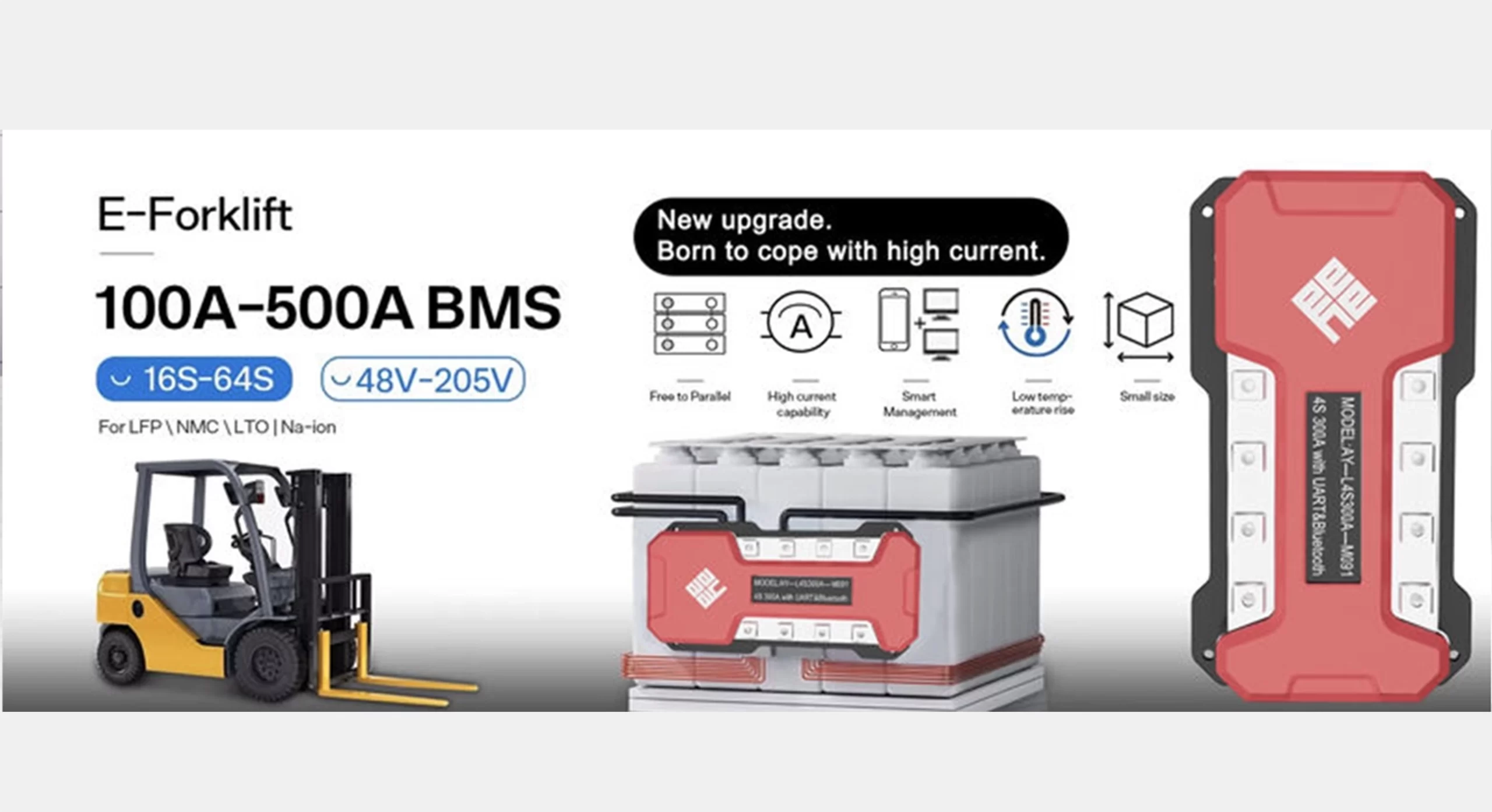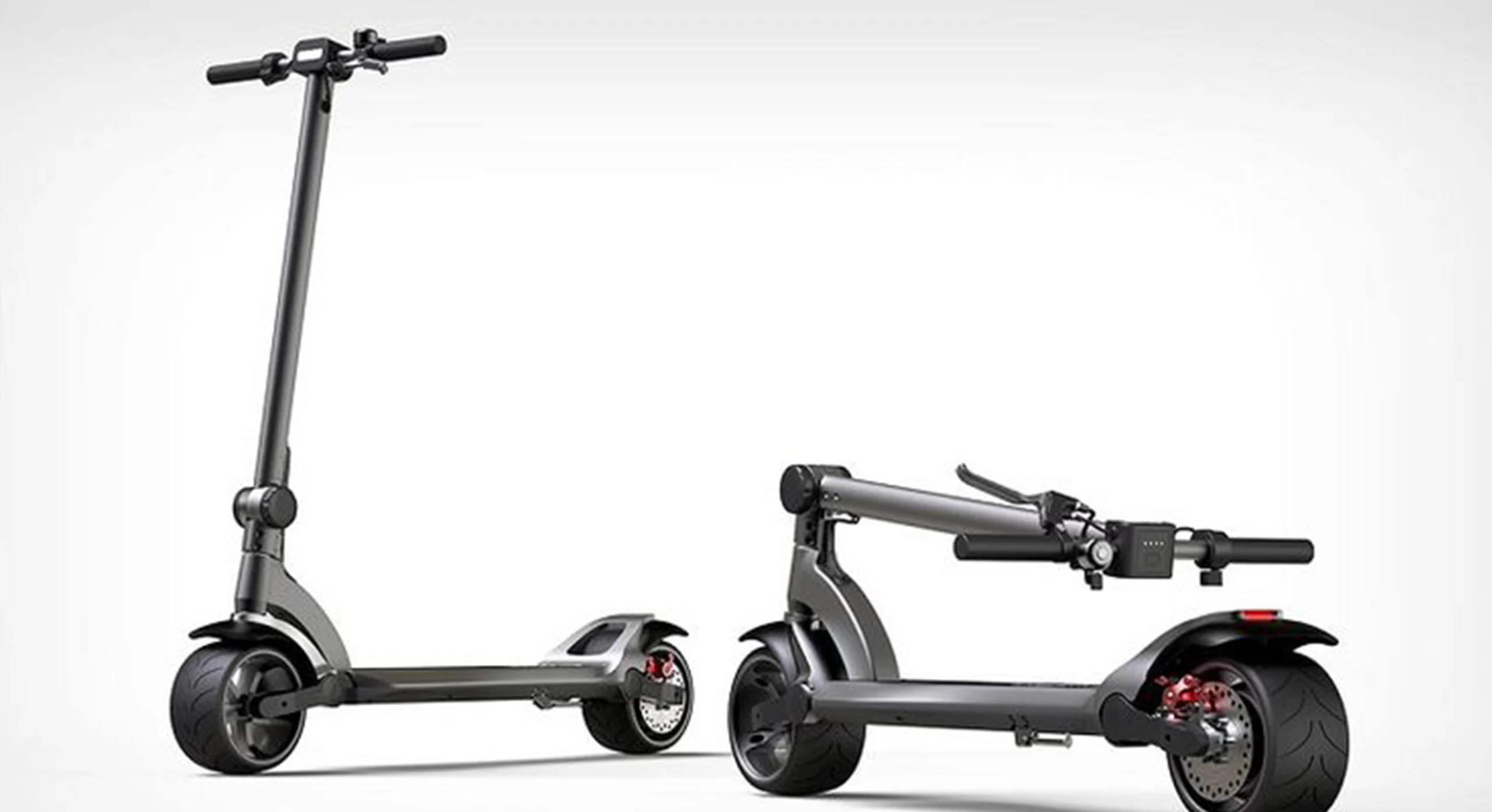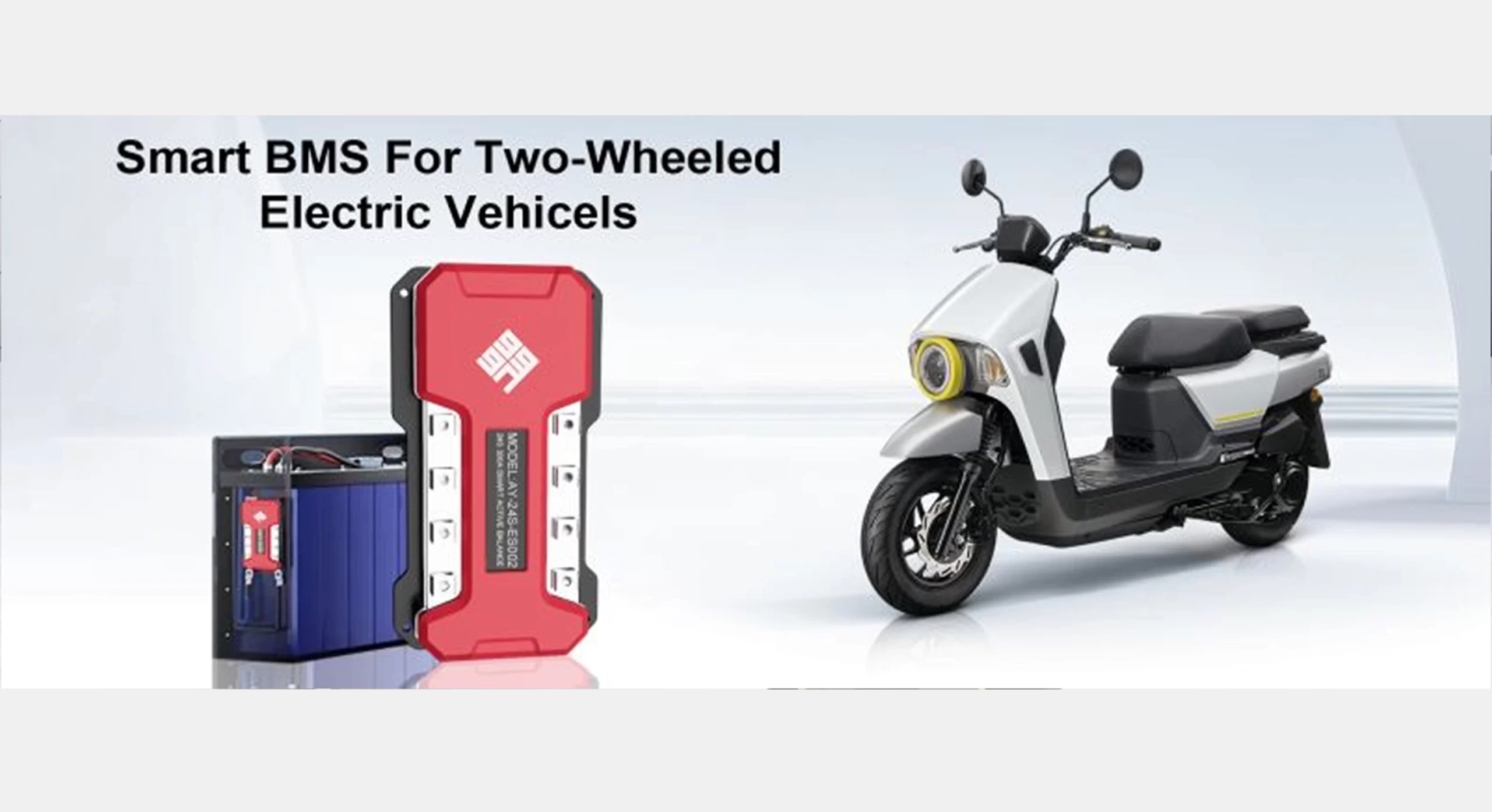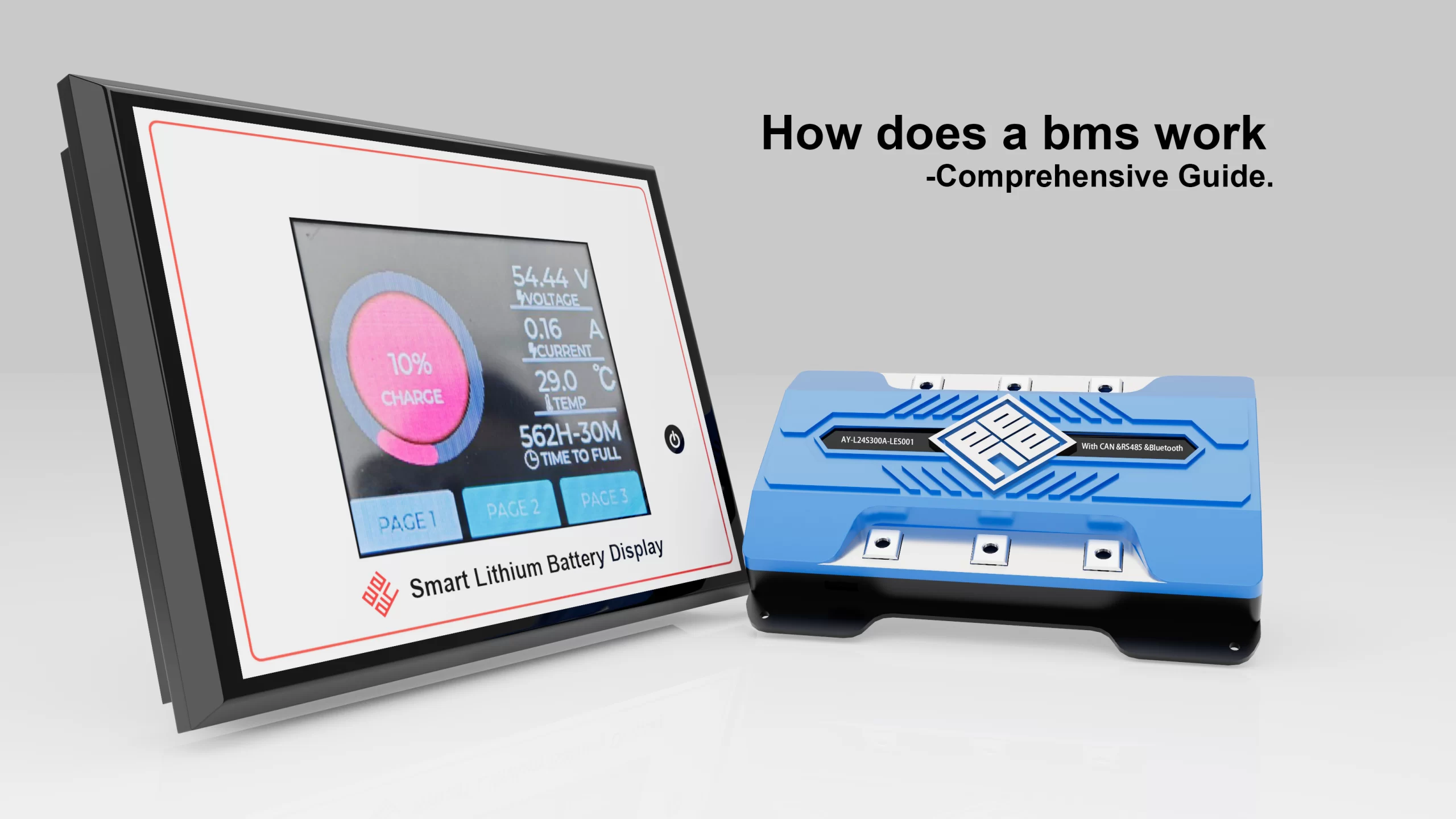Home About Us EVENTS & NEWS How a Battery Management System for Lithium Ion Batteries Maximizes Efficiency and Safety
How a Battery Management System for Lithium Ion Batteries Maximizes Efficiency and Safety
How a Battery Management System for Lithium Ion Batteries Maximizes Efficiency and Safety
The safe and efficient operation of Battery Management System for lithium ion batteries is more important than ever in today’s world, as the demand for advanced energy storage systems soars as businesses transition to more sustainable, greener energy sources.
A key player in optimizing battery performance is the Battery Management System for lithium ion batteries, which ensures that the batteries perform efficiently, safely, and with longevity.
The following is an in-depth analysis of how Battery Management System for lithium ion batteries can maximize efficiency and safety in a range of applications, including electric vehicles (EVs) and home energy storage systems.

The Importance of battery management system A Battery Management System for lithium ion batteries is an essential component used to monitor and manage the performance, health, and safety of lithium ion battery packs.
lithium ion batteries, widely used in applications such as electric vehicles, renewable energy storage, and portable electronics, require careful management to prevent issues such as overcharging, overheating, or deep discharging, which can lead to performance degradation, reduced lifespan, or even safety hazards like thermal runaway.
For instance, the Battery Management System for lithium ion batteries in electric cars (EVs) makes sure the battery runs within a safe range of temperatures and voltages, increasing the battery’s driving range and lifespan.
The Battery Management System for lithium ion batteries in energy storage systems makes sure that stored energy is distributed effectively and can modify the cycles of charge and discharge based on power generation or demand.
Applications of a Battery Management System
Battery Management System for lithium ion batteries are utilized in many different applications where effective and safe energy storage is crucial:
Electric Vehicles (EVs): The BMS for lithium ion batteries in EVs makes sure the battery runs effectively, safely, and with optimal range.
It guarantees consistent vehicle performance and helps extend the battery pack’s lifespan.
Renewable Energy Storage: The BMS plays a critical role in home and industrial energy storage systems by ensuring that the battery efficiently stores and releases energy from solar or wind systems.
It helps in balancing the load, enhancing the system’s reliability and performance.
Consumer Electronics: From smartphones to laptops, the BMS for lithium ion batteries ensures that these devices operate safely and efficiently, providing consumers with longer battery life and reduced risk of malfunction. 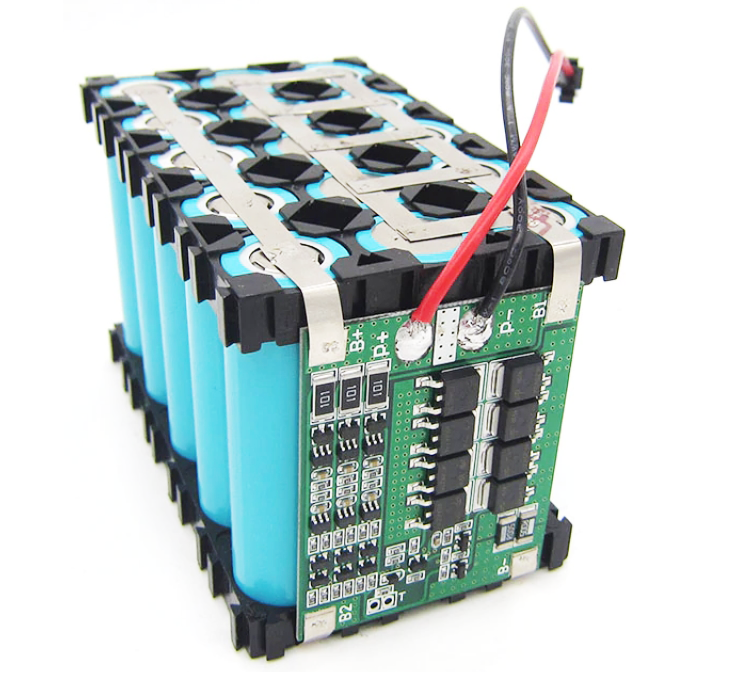
The Key Functions of a Battery Management System
The voltage, current, temperature, and overall state of charge (SOC) and state of health (SOH) of every single cell in a battery pack are all monitored by a Battery Management System for lithium ion batteries, which usually consists of a combination of hardware and software.
The Battery Management System for lithium ion batteries is essential for prolonging battery life and averting mishaps since it makes sure that every cell functions within safe bounds.
A Battery Management System for lithium ion batteries performs several critical functions, including:
State of Charge (SOC) and State of Health (SOH) Estimation: The battery’s overall health and performance are measured by the State of Health (SOH), which is determined by the BMS, and the State of Charge (SOC), which is the battery’s current charge level in relation to its entire capacity.
The user may monitor the battery’s remaining capacity or operating duration and spot problems like cell degeneration with accurate SOC and SOH estimation.
Battery Balancing: One of the critical tasks of the BMS is balancing the battery cells to ensure that all cells in the battery pack remain at the same voltage level.
Over time, cells in a battery pack can become uneven, with some cells charging faster or slower than others.
A BMS utilizes passive or active balancing techniques to equalize the charge across cells, thereby improving the battery’s overall performance, efficiency, and longevity.
Temperature Monitoring and Thermal Management: lithium ion batteries are highly sensitive to temperature fluctuations, with extreme temperatures potentially leading to reduced performance or safety risks.
The Battery Management System for lithium ion batteries monitors the temperature of the battery cells and can activate cooling or heating systems as necessary to keep the battery within its optimal operating range.
This helps prevent overheating or freezing, which could damage the battery or cause hazards.
Overcharge and Overdischarge Protection: The BMS for lithium ion batteries has safety features that keep the battery from being drained below its minimum voltage threshold or charged above its maximum voltage limit.
These safeguards prevent the battery from overdischarging, which can result in irreversible capacity loss and even cell failure, and overcharging, which can cause internal damage or overheating.
Communication with External Systems: A BMS for lithium ion batteries typically integrates communication protocols such as CAN (Controller Area Network), SMBus (System Management Bus), or Bluetooth to relay important data and battery status to external devices, such as chargers, inverters, or user interfaces.
This enables real-time monitoring and allows the system to make informed decisions based on the battery’s performance and health.
Fault Detection and Diagnostics: The BMS for lithium ion batteries is capable of detecting and diagnosing a wide range of potential issues, such as short circuits, overvoltage, undervoltage, and cell imbalance.
In the event of a fault, the system can trigger alarms, provide warnings, or even disconnect the battery pack from the load to prevent further damage.
Ensuring Safety with a Battery Management System
An important consideration when working with lithium ion batteries is safety.
Poorly managed batteries can be a fire hazard, especially in high-temperature environments.
The BMS for lithium ion batteries enhances safety in several ways:
Overvoltage and Undervoltage Protection: The BMS prevents overvoltage (when the battery is charged beyond its safe capacity) and undervoltage (when the battery’s charge drops too low), both of which can significantly damage lithium ion batteries and lead to dangerous situations like overheating or leakage.
Thermal Management and Overheating Protection: The BMS continuously monitors the battery’s temperature and takes action if it detects that the battery is becoming too hot.
This prevents thermal runaway, a dangerous condition where the battery rapidly overheats and can lead to fire or explosion.
Short Circuit and Current Protection: The BMS for lithium ion batteries monitors the battery for any abnormal short circuits or overcurrent conditions.
It will disconnect the battery from the load if any of these faults are detected, preventing potential safety hazards.
Cell Monitoring and Balancing: The BMS ensures that all cells in the battery pack are balanced and functioning correctly.
Imbalanced cells can lead to uneven charging, which can cause overheating or capacity loss, compromising safety and efficiency.
By keeping the cells in balance, the BMS helps prevent these issues.
Fault Diagnosis and Alerts: The BMS includes diagnostic capabilities that can identify faults in the battery system.
In the event of a fault, the BMS will alert the user or system operator, ensuring that appropriate action is taken before a minor issue escalates into a dangerous situation.
Maximizing Efficiency Through a Battery Management System for Lithium Ion Batteries
The efficiency of a lithium ion battery is largely determined by its ability to store and release energy without significant losses.
The Battery Management System for lithium ion batteries plays a pivotal role in enhancing battery efficiency by:
Optimizing Charge Cycles: The BMS helps ensure that the battery charges and discharges in the most efficient manner possible.
By monitoring the SOC and ensuring the battery is neither overcharged nor overdischarged, the BMS maximizes the number of charge cycles a battery can undergo without significant degradation.
Improving Energy Utilization: A well-calibrated BMS for lithium ion batteries can help maximize the amount of usable energy from the battery pack.
By ensuring that each cell is operating at its peak performance, the BMS reduces energy loss and ensures that the battery is performing at optimal efficiency.
Reducing Energy Waste: The BMS helps minimize energy waste by constantly balancing the load across the cells.
This ensures that all cells are charged and discharged evenly, preventing inefficient power distribution and improving the overall efficiency of the battery.
Enhancing Charging Speed: By intelligently managing the charging process, a BMS for lithium ion batteries can speed up the charging time while ensuring that the battery is not subjected to damage from rapid charging.
Fast charging without proper management can lead to overheating or capacity loss, but with the BMS in place, charging can be optimized for both speed and safety.
Advantages of Choosing Ayaa Technology Battery Management System
A Battery Management System for lithium ion batteries is an essential tool in ensuring the safe, efficient, and reliable operation of lithium ion batteries.
From monitoring charge levels to protecting against overcharging and overheating, the BMS optimizes battery performance while enhancing safety.
As the demand for lithium ion batteries continues to rise, having a robust and effective BMS in place will be crucial in maximizing efficiency and safety in a wide range of applications.
Ayaa Technology is at the forefront of designing and manufacturing advanced BMS for lithium ion batteries.
With over 18 years of experience, Ayaa Technology has developed cutting-edge BMS solutions tailored to meet the needs of industries like electric vehicles, renewable energy storage, and portable electronics.
Our BMS for lithium ion batteries offers superior efficiency, safety, and longevity, ensuring that your batteries perform at their best.
Whether you’re looking for BMS solutions for a fleet of electric vehicles, a home solar energy system, or advanced consumer electronics, Ayaa Technology’s expert team provides customized solutions that integrate seamlessly with your systems.
Trust Ayaa Technology for all your BMS for lithium ion batteries needs.
At Ayaa Technology, we are proud to offer advanced BMS for lithium ion batteries solutions designed to meet the evolving needs of today’s industries.
Let us help you ensure that your lithium ion batteries operate at peak performance and safety, now and in the future.
Contact Us
SHARE
News Recommend
-
How does AYAATECH BMS work in E-scooters
01/16/2025 -
2024 battery show in Detroit,USA.
10/08/2024





